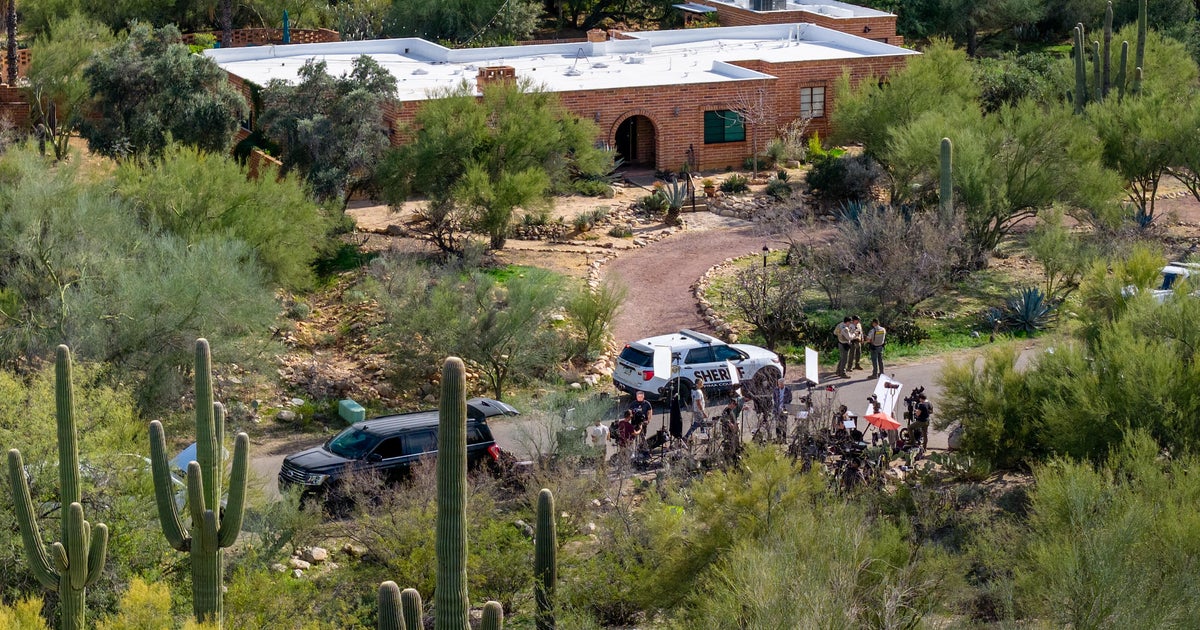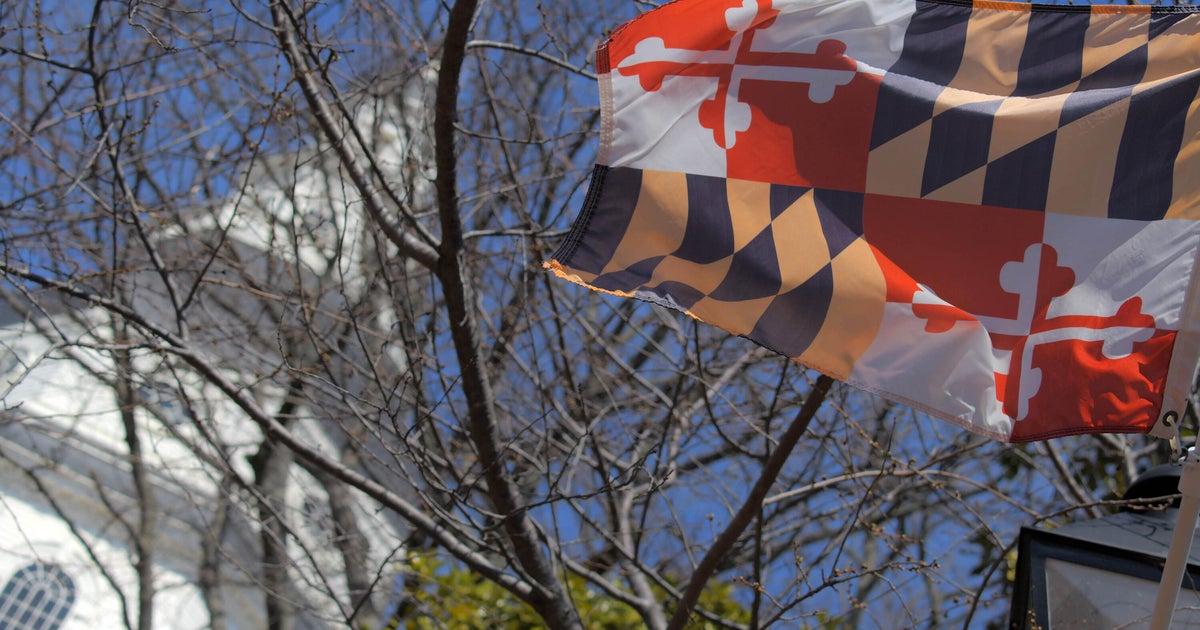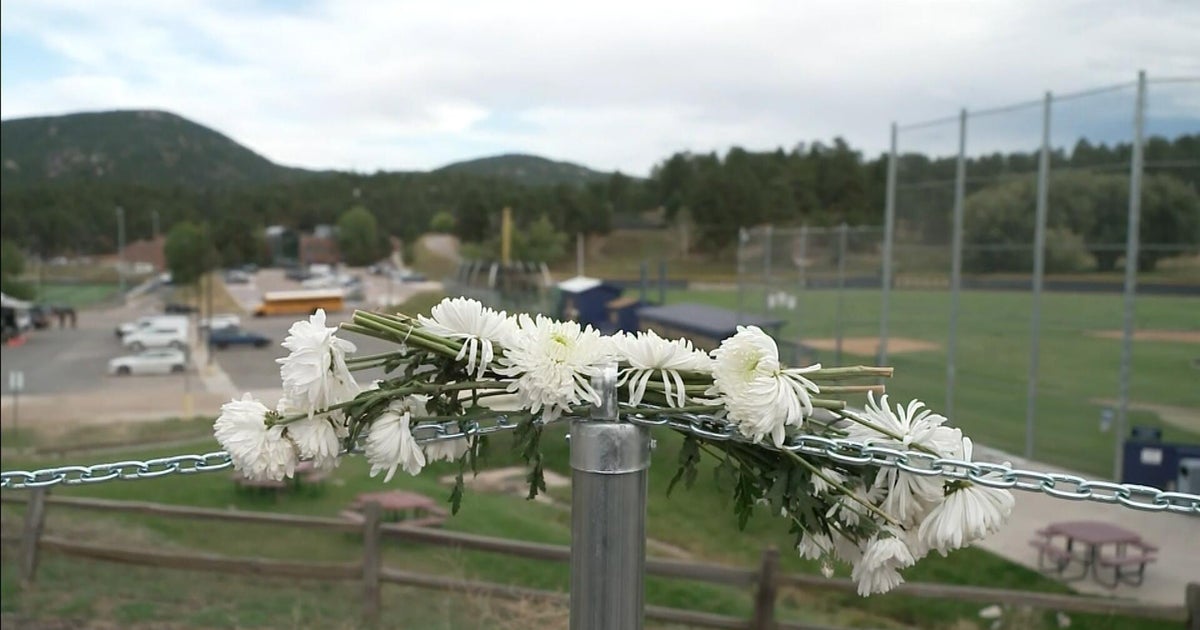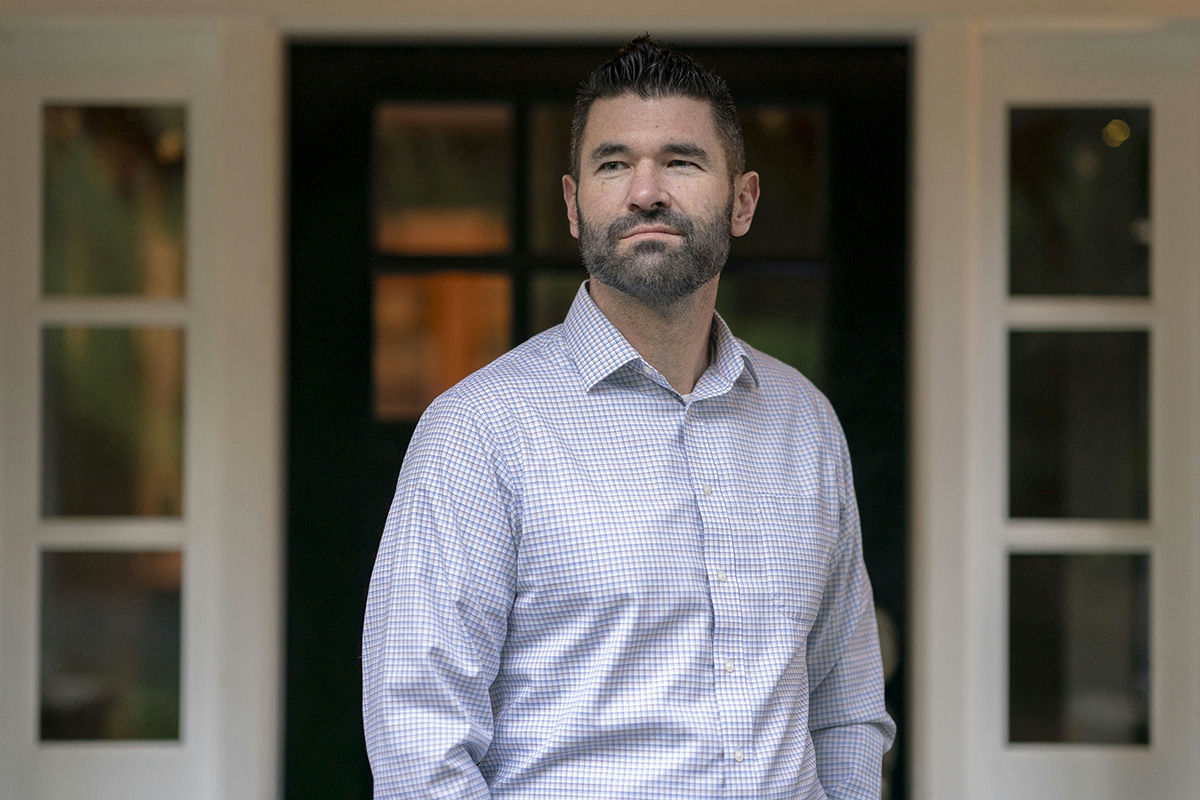Senator Sheldon Whitehouse says it's "not tolerable" for the FBI to avoid questions from lawmakers
Senator Sheldon Whitehouse on Wednesday criticized the FBI for a lack of transparency with Congress, saying "it's not tolerable" to have an agency that isn't answering lawmakers' questions about its actions. His comments come a day after he slammed FBI Director Christopher Wray for failing to answer written questions from lawmakers in hearings involving FBI witnesses over the last four years.
"It's just not tolerable to have an agency of government, least of all a law enforcement agency, that won't answer questions for years at a time about its conduct," Whitehouse, a Democrat, told "Red & Blue" anchor Elaine Quijano.
If the FBI does not improve its process for responding to questions from the legislature, Whitehouse said he would consider withholding appropriations and stalling nominees, as well as other tools of "legislative persuasion."
Whitehouse grilled Wray about the FBI's responsiveness during a Tuesday Senate hearing on the Capitol assault. In response, Wray cited an "elaborate interagency process for responding to questions," but said he would "do what I can to improve the process." He said he's as "frustrated" as lawmakers are and agreed that "we need to get better."
When asked if he has faith that the FBI will change its practices, Whitehouse told Quijano, "No, they're going to have to prove it to me."
"I've got a demonstrated record of [a] categorical blockade of information," he said. "And I know because we just got 800 questions answered on behalf of attorney general nominee [Merrick] Garland, what they're capable of doing if they want to."
Wray testified on Tuesday as part of the Senate's investigation into the lead up to the Capitol assault. In late February, the former chief of the Capitol Police blamed the intelligence community in his testimony, saying his force was prepared to handle the number of people they had been told to expect. The former House sergeant-at-arms testified that daily intelligence reports between January 4 and January 6 "forecast the chance of civil disobedience or arrest during the protests as remote to improbable."
The former House and Senate sergeant-at-arms said they had not seen a report from an FBI field office in Norfolk, Virginia, warning law enforcement officials about an anonymous social media thread threatening war at the Capitol. The former Capitol Police chief said the report reached police the day before the attack, but said he had not seen the raw data.
"The intelligence did not make it where it needed to be," the acting Capitol Police chief said, adding that the January 5 report was emailed, when it instead should have been communicated via "a phone call or something."
Whitehouse said it's not yet clear how to improve the intelligence gathering process to prevent similar incidents from occurring.
"I suspect that there's going to be a much broader solution than just, like, one little specific silver bullet," he said, adding, "It's very hard when you are getting boatloads of information into a fusion center that has to go through it, sort it out, analyze it and figure out what it means and narrow it so that the consumer of those services can actually take it in to solve that problem."
"But certainly when an FBI report out of Norfolk says that there's gonna be a war and that information doesn't get to the decision makers protecting the Capitol, something has gone awry," he added.
But the Senator said that despite the communication problems, he feels safe at the Capitol.
"In fact, I'd like to see the barbed wire come down as soon as possible," he said. "As soon as the security professionals have come up with their plan — not a great look for our great Republic to have its capital wreathed in barbed wire."
Stefan Becket and Nicole Sganga contributed reporting.



